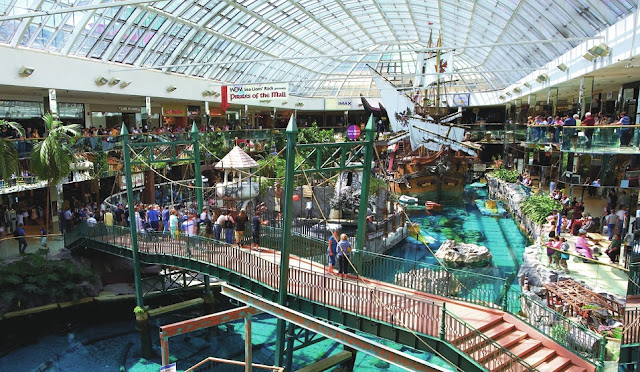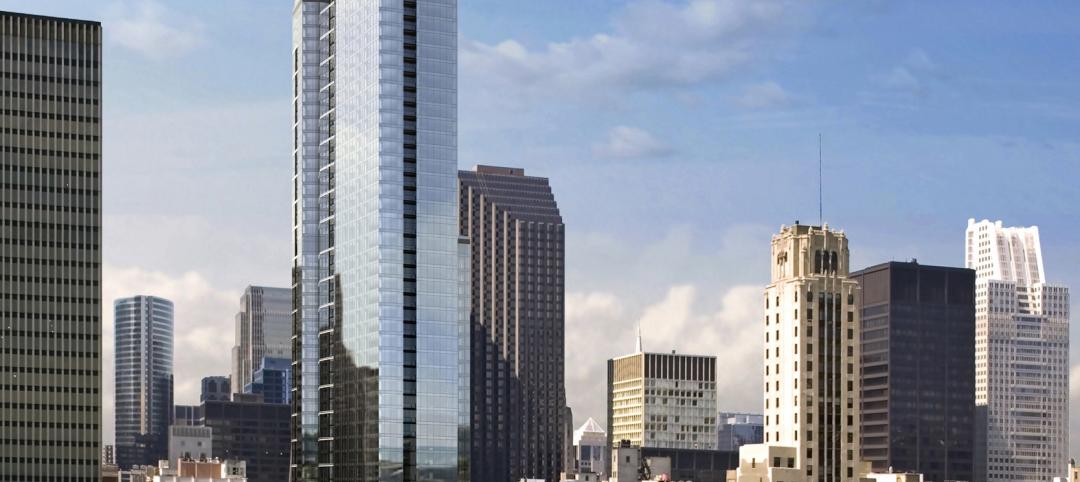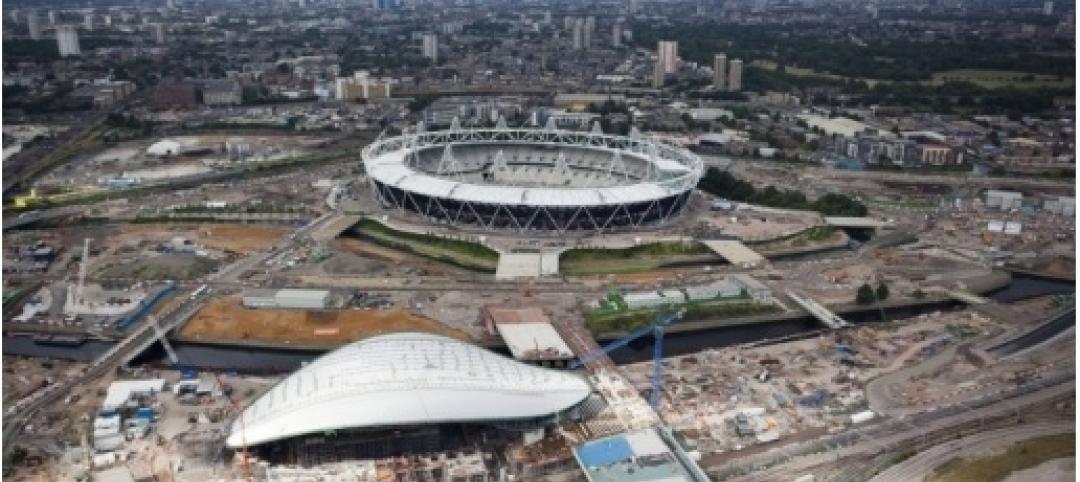The economic boom in Asia is reflected in the development of modern temples of consumerism. Nine out of ten of the world’s biggest shopping malls are located in Asia. Offering much more than “shop till you drop” opportunities – malls are becoming amusement parks and lifestyle centers surrounded by shops.
Emporis.com generated the Top 10 rankings, which are based on the gross leasable area, the area used for revenue-generating activities. Historically, malls have always been the icons of America – the first mall ever was built in Minneapolis in 1956.
However, Asia’s economic boom has resulted in the rise of consumerism and the development of mega-malls. Nowadays, Asia has more malls than America, and the two largest are located in China.
The dimensions of the malls is demonstrated in this comparison: the second biggest mall, Golden Resources Mall, has an area of 557.419 m², the size of about 75 soccer fields.
But some mega-malls in Asia are experiencing problems. New South China Mall is the biggest mall in the world with 600.153 m² of shopping space – most of it empty, with little consumer traffic and a high vacancy rate. It has been classified as a “dead mall”.
In recent years, developers have invented new ways for the mega-mall to survive in this economy. Gone is the store-dominated shopping centre welcoming instead, an age of mixed-use “lifestyle centers”. The Dubai Mall offers an ice-rink and aquarium on an area of 350.244 m². The Persian Gulf Complex, once completed, will house an indoor amusement park, prayer room, and helipad.
Another strategy calls for ways to combine environmental solutions with architecture. An indoor rainforest with koi ponds and the largest rooftop garden in Southeast Asia was implemented by 1 Utama mall in Malaysia. CentralWorld in Thailand features an indoor salt-water lake with sea lions. Trends to include office and residential space, such as the Cehavir Mall in Turkey, are also a survival method of mega-malls. BD+C
CLICK THE LINK BELOW TO VIEW THE TOP 10 LIST
Related Stories
| Mar 2, 2011
How skyscrapers can save the city
Besides making cities more affordable and architecturally interesting, tall buildings are greener than sprawl, and they foster social capital and creativity. Yet some urban planners and preservationists seem to have a misplaced fear of heights that yields damaging restrictions on how tall a building can be. From New York to Paris to Mumbai, there’s a powerful case for building up, not out.
| Mar 1, 2011
Smart cities: getting greener and making money doing it
The Global Green Cities of the 21st Century conference in San Francisco is filled with mayors, architects, academics, consultants, and financial types all struggling to understand the process of building smarter, greener cities on a scale that's practically unimaginable—and make money doing it.
| Mar 1, 2011
How to make rentals more attractive as the American dream evolves, adapts
Roger K. Lewis, architect and professor emeritus of architecture at the University of Maryland, writes in the Washington Post about the rising market demand for rental housing and how Building Teams can make these properties a desirable choice for consumer, not just an economically prudent and necessary one.
| Mar 1, 2011
New survey shows shifts in hospital construction projects
America’s hospitals and health systems are focusing more on renovation or expansion than new construction, according to a new survey conducted by Health Facilities Management magazine and the American Society for Healthcare Engineering (ASHE). In fact, renovation or expansion accounted for 73% of construction projects at hospitals responding to the survey.
| Mar 1, 2011
AIA selects 6 communities for long-term sustainability program
The American Institute of Architects today announced it has selected 6 communities throughout the country to receive technical assistance under the Sustainable Design Assessment Team (SDAT) program in 2011. The communities selected are Shelburne, Vt., Apple Valley, Mn., Pikes Peak Region, Co., Southwest DeKalb County, Ga., Bastrop, Tx., and Santa Rosa, Ca. The SDAT program represents a significant institutional investment by the AIA in public service work to assist communities in developing policy frameworks and long term sustainability plans.
| Feb 24, 2011
Perkins+Will designs 100 LEED Certified buildings
Perkins+Will announced the Leadership in Energy and Environmental Design (LEED) certification of its 100th sustainable building, marking a key milestone for the firm and for the sustainable design industry. The Vancouver-based Dockside Green Phase Two Balance project marks the firm’s 100th LEED certified building and is tied for the highest scoring LEED building worldwide with its sister project, Dockside Green Phase One.
| Feb 24, 2011
New reports chart path to net-zero-energy commercial buildings
Two new reports from the Zero Energy Commercial Buildings Consortium (CBC) on achieving net-zero-energy use in commercial buildings say that high levels of energy efficiency are the first, largest, and most important step on the way to net-zero.
| Feb 24, 2011
Lending revives stalled projects
An influx of fresh capital into U.S. commercial real estate is bringing some long-stalled development projects back to life and launching new construction of apartments, office buildings and shopping centers, according to a Wall Street Journal article.
| Feb 23, 2011
London 2012: What Olympic Park looks like today
London 2012 released a series of aerial images that show progress at Olympic Park, including a completed roof on the stadium (where seats are already installed), tile work at the aquatic centre, and structural work complete on more than a quarter of residential projects at Olympic Village.
| Feb 23, 2011
Call for Entries: 2011 Building Team Awards, Deadline: March 25, 2011
The 14th Annual Building Team Awards recognizes newly built projects that exhibit architectural and construction excellence—and best exemplify the collaboration of the Building Team, including the owner, architect, engineer, and contractor.










